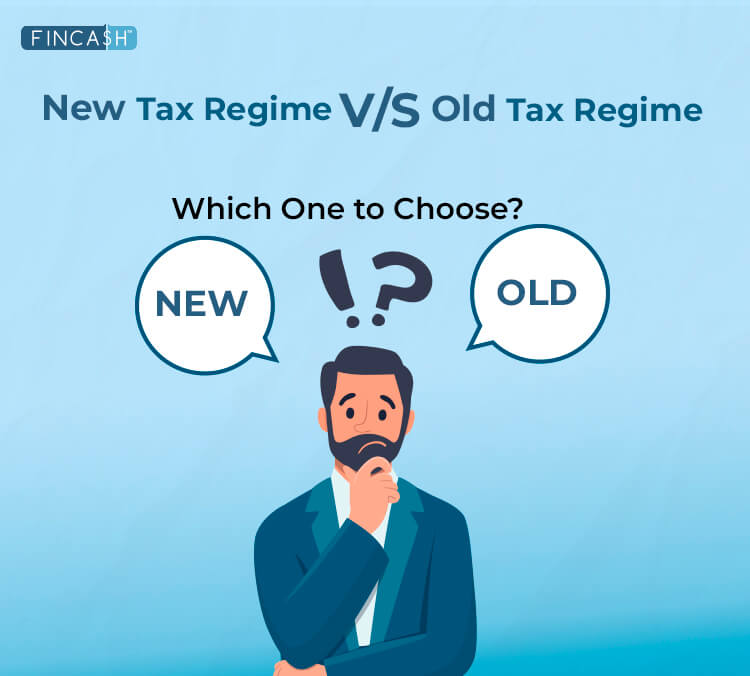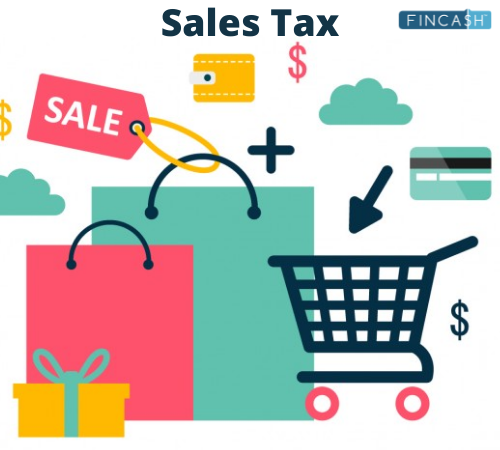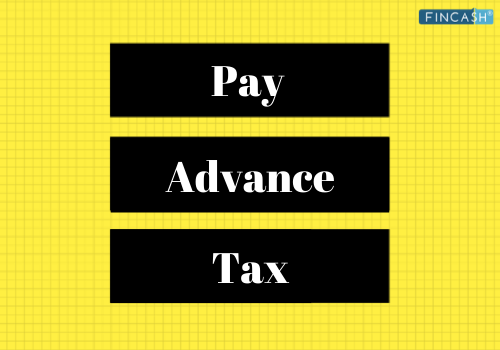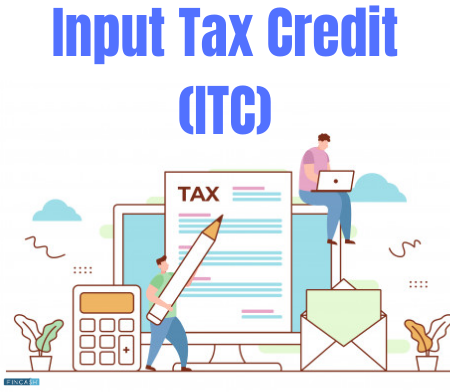What are Hidden Taxes?
Hidden tax refers to tax that is paid by someone other than the person on whom it is levied. As the name suggests, these Taxes are hidden in nature. The taxes which are implicitly applied to the product without the prior knowledge of the consumer is defined as hidden taxes.

It results in raising the price of goods and lowering the salaries of the workers. These taxes, in turn, decrease the purchasing power of an individual. Taxpayers' perception of their real tax burden and total cost to the government is distorted by hidden taxes.
Understanding Hidden Taxes
Hidden taxes are all around us, generally undetected yet effectively boosting the prices of many common things used on a daily Basis. Most people are aware that sales taxes apply when they buy items in most states, but among them, few are aware of the extent to which hidden taxes are factored into the final price of many things.
The intention behind this tax strategy is to increase government Income without negatively hurting product demand by raising consumer costs. It's called a balancing act.
Cigarette, alcohol, gambling, fuel, and hotel room taxes, as well as Import fees and tariffs, are examples of hidden taxes. These taxes are frequently collected as part of a routine transaction, burying them in the final price, which is greater than it would be without the hidden tax.
Talk to our investment specialist
Types of Hidden Taxes
From international trade affairs to personal income, hidden taxes show up in the ultimate price of items in a variety of ways. There are three types of hidden taxes:
1. Indirect Tax
An indirect tax is imposed on a taxpayer in exchange for goods and services provided. Indirect taxes, unlike direct taxes, are not assessed on the taxpayer's income, revenue, or profit and can be handed down from one person to the next.
2. Corporation Tax
A corporation tax is a government levy levied on a company's Earnings. A country's income is derived from the money received from corporation taxes. Dividends and salaries are reduced as a result of this tax. The tax is also buried in the cost of products and services, so the customer is responsible for paying it.
3. Tariff
A tariff is a charge that one country imposes on products and services imported from another. Import taxes and tariffs are frequently hidden from the ultimate cost of imported items. As a result, when a buyer buys anything, they are uninformed of expenses such as import fees, taxes, and so on.
Pros and Cons of Hidden Taxes
Here are a few advantages and disadvantages of hidden taxes that are jotted down to make your understanding of the concept better.
Pros
- Hidden tax remains free from tax evasion
- Almost everyone, including tourists, non-working citizens and non-residents of India, contributes to the revenue
- Results in higher government spending due to high government revenues
- Better facilities ensuring upliftment of society as a whole
- Influences consumer behaviour towards unhealthy products like alcohol and cigarettes
- Improves Efficiency by dealing with difficult pricing and chaos of loose change
Cons
- Contributes to a lack of civic awareness and a lack of transparency in the allocation of a person's tax money
- Regressive in nature makes it burdensome for some sections of society
- Inflationary tendencies are triggered by hidden taxes, resulting in higher prices
All efforts have been made to ensure the information provided here is accurate. However, no guarantees are made regarding correctness of data. Please verify with scheme information document before making any investment.












